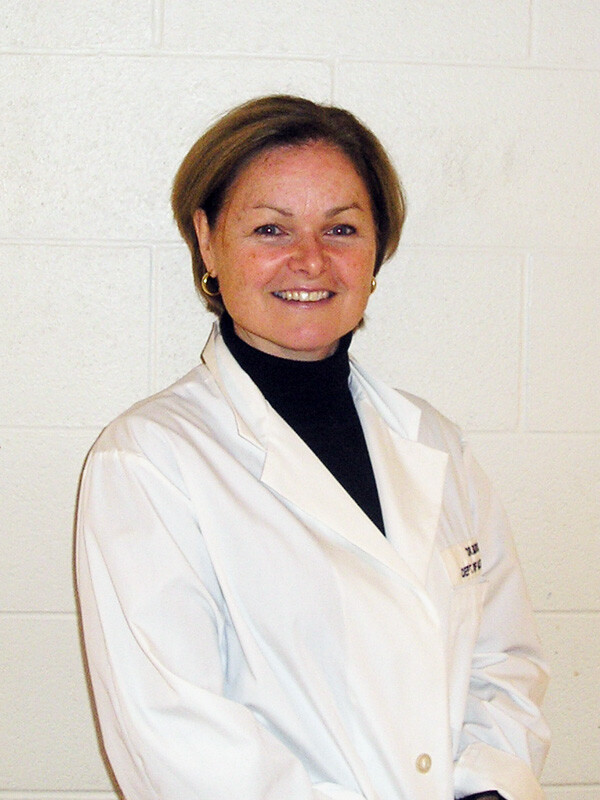Mobile Menu
- Education
- Research
-
Students
- High School Outreach
- Undergraduate & Beyond: Community of Support
- Current Students
- Faculty & Staff
- Alumni
- News & Events
- Giving
- About

Memory loss caused by inflammation in the brain may be treatable and reversible, a new study has found.
The study, led by Professor Beverley Orser (Departments of Anesthesia and Physiology), and Dr. Dian-Shi Wang, research associate in the Department of Physiology, found memory loss in mice could be reversed by using drugs to target “memory-blocking” receptors in the brain.
"When inflammation occurs after an infection, injury, stroke, or a surgical procedure, the resulting memory loss can be serious and prolonged. This type of inflammation in the brain has been linked to memory loss and cognitive disorders, including Alzheimer's disease,” says Orser, staff anesthesiologist at Sunnybrook Health Sciences Centre and Canada Research Chair in Anesthesia. “Currently, there is no treatment for post-surgery memory loss."
Orser's team found that mice experienced memory loss when inflammation activated “memory-blocking” receptors in a specific part of their brain. This memory loss was reversed when the mice were treated with drugs that stopped the receptors.
“These results provide insights into the cause of memory loss and great promise for possible treatment associated with inflammation,” says Orser.
Orser hopes the findings will be applied to a clinical trial in the near future, with a study focusing on those who have experienced memory loss after surgery.
The study, published online in the journal Cell Reports, was funded by the Canadian Institutes of Health Research.